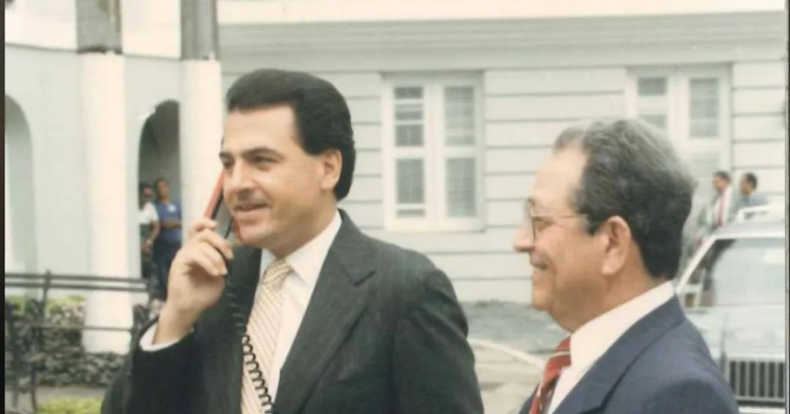History of Telephony in Costa Rica: From a Luxury to an Essential Service

History of Telephony; a transformation that reflects not only technological advances, but also significant social changes that have allowed Costa Rica to fully integrate into the digital era.
The Early Days of Telephony
In the 1880s, Costa Ricans began to learn about the existence of the telephone as a means of communication. Although at first it seemed unattainable, in 1886 the first people began to ask the government for permits to develop telephone service in the country. Owning a telephone became a symbol of social status.
First Concession
Luis Batres García Granados, who was also responsible for the illumination of San José, was one of the first to promote the telephone in Costa Rica. Despite initial doubts about its usefulness, it was thanks to his efforts that, in 1887, Silas W. Hasting obtained the first telephone concession. This allowed for the installation of the first 50 telephones in San José and the establishment of a telephone exchange in the capital.


While the service was expanding, several companies made efforts to make it more accessible in San José and the main cities. Telephone exchanges served until 10 p.m., and an employee was left on duty to answer emergency calls. By 1918, the Telephone Company, directed by Felipe J. Alvarado, offered service to most customers in the country.
History of Telephony in Costa Rica: Selected List of Members
Around that time, access to the telephone was very limited and reserved for well-known families, including coffee growers, businessmen, doctors, lawyers and politicians. Some prominent members included figures such as Otilio Ulate, Rafael Iglesias and Federico Tinoco, who were identified with simple telephone numbers.


From its beginnings to becoming an essential service, the history of telephony reflects how the country has evolved and adopted new technologies to improve communication among its inhabitants.
Navigate articles





